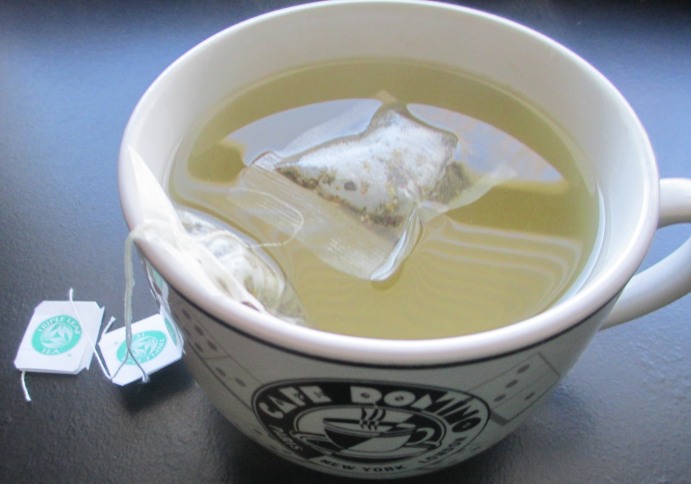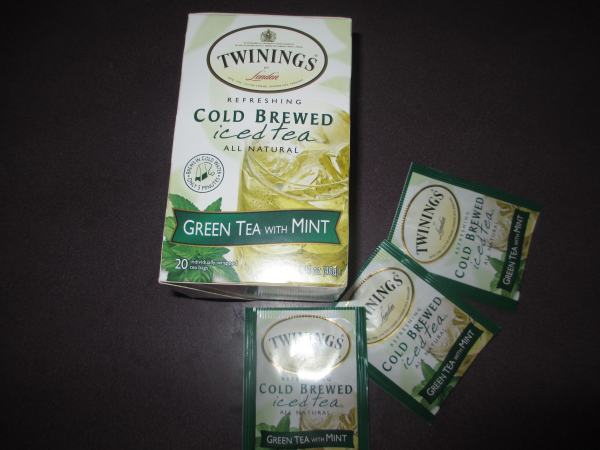
The health benefits of green tea are legendary. I could, I’m certain, write a 6,000 word essay on the powers of green tea and still not cover half of the information. Since I have a lunch date with my family in a few hours, I won’t launch into that right now. I know one thing, though, as usual, I’ll be ordering tea to drink.
Green tea isn’t just one of the smartest drinks anyone can choose, it might just be THE smartest one an individual at risk for heart disease could choose. Given the sobering fact that, each year, roughly 1.5 million Americans have a heart attack, it makes sense to do absolutely everything to make sure we don’t fall within this number. When lowering our risk is as simple as choosing the right drink to pour into our glass, it’d be ridiculous not to jump on board.
The following excerpt from Prevent a Second Heart Attack lays it all out beautifully:
Just like chocolate, tea is a form of plant food – and plants contain a plethora of phytochemicals that, when stacked together, will maximize the strength of your daily heart disease defense system. No doubt about it, a few daily cups of tea, and especially green tea, can provide cardiovascular protection via antioxidant and anti-inflammatory mechanisms.
There are three main varieties of tea – black, oolong, and green – and all are derived from the tea plant known as Camellia sinensis (Countless herbal infusions are informally referred to as “tea,” but these are unrelated to real tea produced from Camellia sinensis). Teas are classified based on how the leaves are processed, with the leaves of green tea being the least processed of the three varieties. Green tea is dried but not fermented; hence it retains the greatest amount of polyphenols.
What exactly is in green tea that wards off heart disease? Researchers believe that the primary therapeutic component in green tea is another type of flavonoid, the catechin family of plant polyphenols, found in exceptionally high concentration. The most abundant of the green tea polyphenols is called epigallocatechin gallate, or EGCG for short. EGCG is believed to be the most active health-protective component in green tea. (Incidentally, green tea contains 40 percent more polyphenols than black tea.) According to researchers out of the University of Hong Kong, EGCG is a highly effective agent for lowering inflammation in the bloodstream as well as reducing oxidation of LDL, thereby protecting against plaque buildup. – Page 225, Prevent a Second Heart Attack by Janet Bond Brill, PH.D., R.D., LDN
Did you know that research shows that drinking tea may reduce the risk of death following a heart attack. A study showed that people who drank two or more cups a day had a 44 percent lower death rate following their heart attacks than did non-tea drinkers.
Some of the health benefits of drinking tea may come from the fact that it keeps you from drinking soft drinks and diet soft drinks – both of which aren’t even remotely healthy. It’s always the right time for tea… so I think I’ll go have a cup right now. – Joi
You can read my Prevent a Second Heart Attack Review by clicking the link. The article includes GREAT advice on heart health whether you’re looking to prevent a first or second heart attack! The author also answers some questions about heart health and heart attack prevention.
See Also: I’m not just a tea drinker or a tea lover… I’m actually a Crazy Tea Chick. Click the link for my tea blog!


